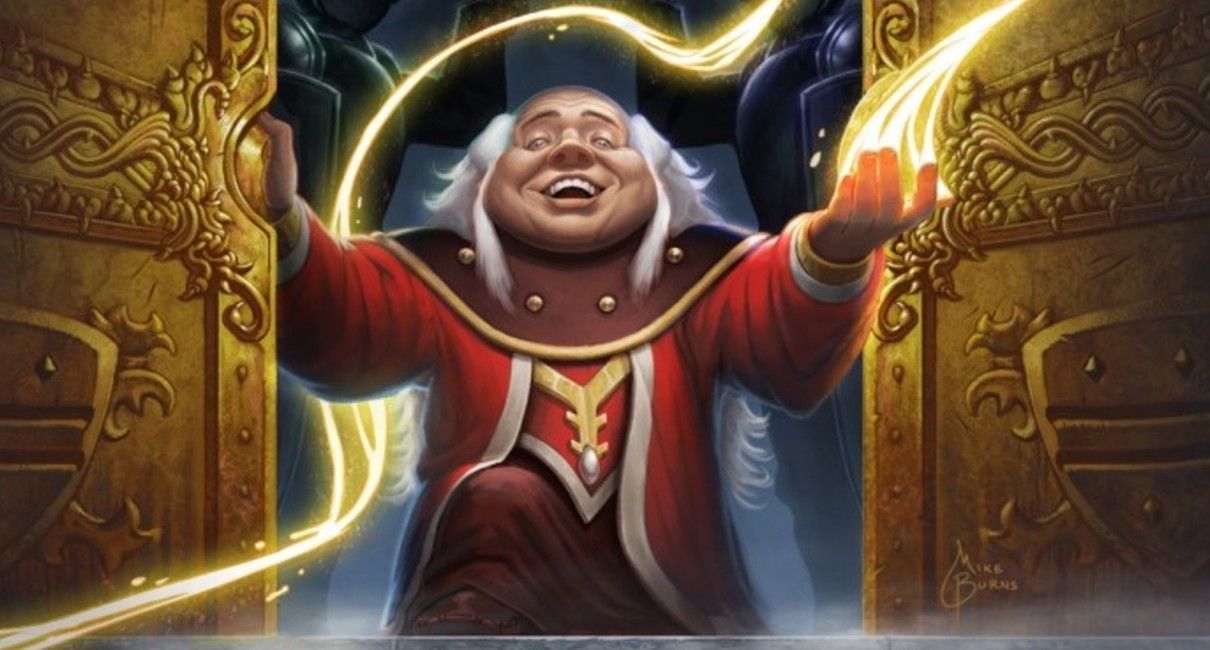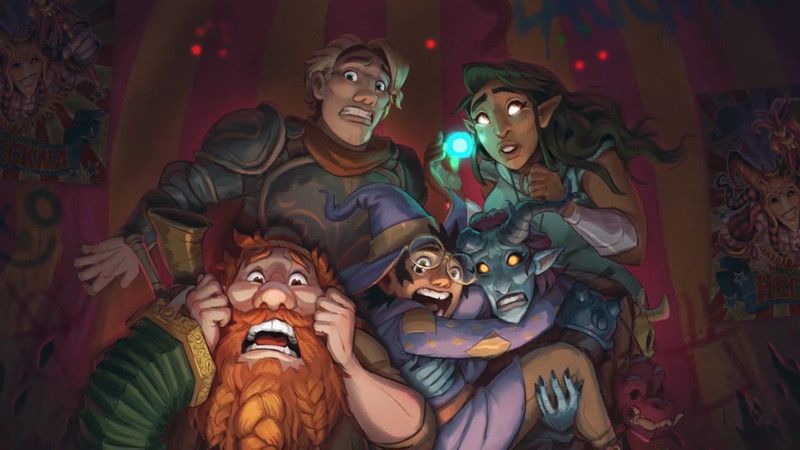As Dungeon Masters, it's impossible not to enjoy the fact that the players are subject to our whims. Especially when it comes to springing surprises on them. It might not always be traps, although it is fun to sneak a bit of poison spray into a chest. Sometimes it's more benign shocks. Perhaps the important prince they've been searching for all along was disguised as an average tavern patron. Or maybe the secret ingredient to that potion is the flower they picked back in the first session, the one you know they forgot about.
I've been there - I imagined how these big "gotcha" scenes would play out like the plot twist of a movie. The problem is that my players, and yours, are not movie characters. They tend to prefer a lot more freedom, and big twists that come without warning can violate that freedom. That's why, as hard as it is, you might need to take those "gotcha" moments out of your campaign.
After my recent interview with Save the Cat! teacher and screenwriter Jennifer Zhang, we chatted about why these twists often fall flat at the gaming table. What it comes down to is the nature of D&D, and other TTRPGs, as a game. That element introduces the concepts of balance and fairness, making players feel cheated when things change out of nowhere.
I came up with the example of a classic trap - a pressure sensitive tile that causes arrows to shoot when stepped on. Zhang took it from there to explain that there needs to be some kind of narrative buildup about traps in the dungeon, and maybe even a specific warning about tiles.
"If you set it up that they know as they head in that 'not everyone who goes in comes out,'" she said, "then the actual stepping on the tile feels like something has come to fruition. Then everybody who survives the tile incident now knows how high the stakes are. That's good storytelling!"
Good storytelling, but also good game design. Think of video games, when a game introduces a new mechanic during a boss battle. This can be frustrating as you're suddenly supposed to learn something at the most intense possible moment. Zelda dungeons are a great example of establishing a mechanic, then giving the player clues to help them realize how that mechanic can help them move forward.
It does suck to spend time designing a tricky trap or fearsome boss, only for players to easily sidestep it with a good dice roll. But that's part of what makes Dungeon & Dragons unique. A good Dungeon Master foreshadows danger, gives the players a chance to survive it, and laughs quietly when they meet their doom from their own reckless decisions.


